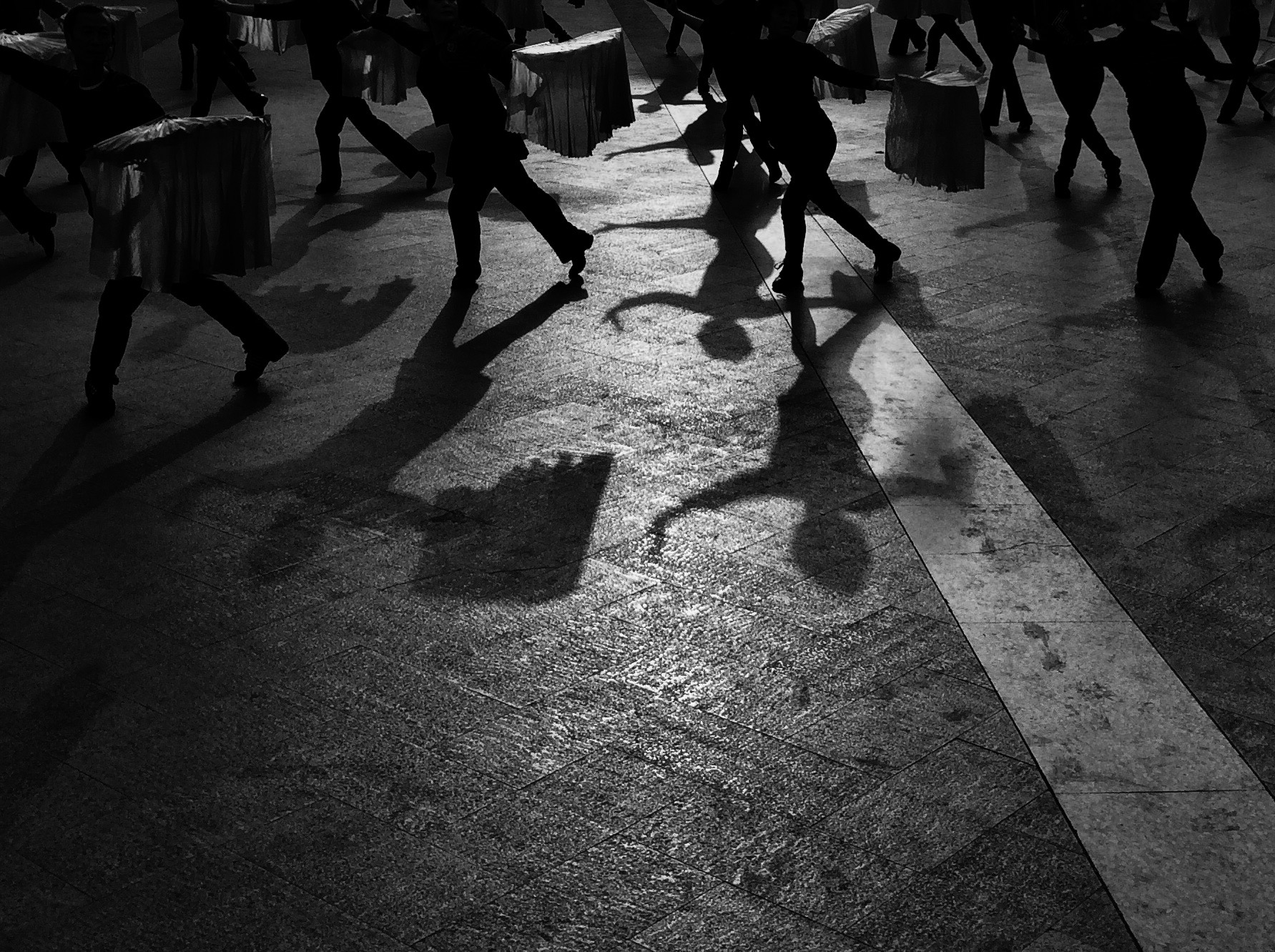Every year, about this time, I buy a new journal, flip through the crisp pages, and dream of all that might be. I plan for the new year and evaluate the old one. What mistakes did I make? Where could I have done better? And what can I do differently?
How can I be happy?
The answers are endless and, year after year, often the same because really, I don't change that much. But each year, I get suckered into thinking I can, that this year this year will be different!
I read articles on what successful people should do before 7:30 a.m. to ensure I start my day off right, then articles on what happy people do differently and conversely what chronically unhappy people do to try and organize the other 14-ish hours of the day. I listened to podcasts that differentiated starving and thriving artists.
The topic of happiness and success is so popular that Harvard has spent the past 75-years conducting a study that keeps asking, "What makes us happy and healthy as we go through life? Robert Waldinger "shares three important lessons learned from the study as well as some practical, old-as-hills wisdom on how to build a fulfilling, long life."
"Good relationships keep us happy and healthier. Period."
For me, this is the key, the goal of this year, to have good relationships with family, friends, and community.
But what does this look like? Waldinger doesn't provide a sufficient enough answer for me because although "replacing screen time with people time" or "livening up a stale relationship by doing something new together" sounds great, it provides me with very little because more time together with the people I'm struggling to get along with only makes things worse. So does doing new things together. Neither of us want to be there and I (and assuming them) feel self-conscious and judged the whole time. Our relationship doesn't grow and nobody is happy. Period.
But when I think back on the relationships that have not just endured but have grown and strengthened over time, they each have on key element: the strength to ask forgiveness and the humility to give it.
My wife is really good at this. More often than not, when we bicker, I'm the asshole. Still, more often than not, she's the first to apologize. And when she does, when she grabs the pingpong ball, the argumentative volley is over, and there is no loser.
Asking for forgiveness stops the game and the battle to be understood and to be right. Instead, it seeks peace. It seeks reconciliation.
But more and more, our culture is moving away from this.
As a family, we are completing the Star Wars trilogy (IV, V, VI) and as it comes to a close, I've noticed something - Han Solo does not like to apologize, but rather, "It's not my fault!"
Some of our current high-profile athletes are cut from the same cloth.
Conor McGregor, is the reigning UFC Lightweight Champion, former UFC Featherweight Champion, and considered by many to be one of the best UFC fighters of all time. He also considers himself a god and embodies much of the dominating attitude of out current culture: live as you please; apologize for nothing.
Alasdair Chalmers MacIntyre, a Scottish philosopher says, "In the age of globalization, cultures are not converging. They seem to be growing further apart." I wonder if some of this has to do with the unapologetic nature that seems to be prevailing.
Then suddenly, in the scene where Princes Leia discovers she's Luke's sister, Han and her get into a small argument, he walks off, then suddenly returns. "I'm sorry," he says, and they embrace, reconciled.
End scene.
But this is only half the process. There must also be forgiveness. Saying, "Don't worry about it," or "It's okay" has also become a popular and acceptable response in recent years, but this might have some hidden and very dark consequences.
When someone seeks forgiveness, they are acknowledging that something is broken and that they cannot, by themselves, make it right. When the apology is brushed aside, the pain and brokenness goes unresolved, the broken remains broken, and the one seeking forgiveness unreleased from their burden.
If my son were to accidentally break a glass cup, a payment would be needed to reconcile the situation, to replace that which has been lost. Saying "don't worry about it" doesn't bring back the cup or relieve my son the burden of payment or guilt. Saying "I forgive you" does. In forgiving him, I acknowledge the damage and the loss but instead of making him pay for it, work for it, or suffer under the weight of guilt and shame, I take it upon myself - I forgive him.
I love this scene from Into the Wild. Not only is Norm fantastic, but the initial thoughts of Chris McCandless are true, yet incomplete - a truth he realizes much too late.
When we forgive, we love.
And when we love, when we don't hold grudges, criticize others, or think ourselves better then we should, we come to realize there's more to life than just being happy.
There's reconciliation.


